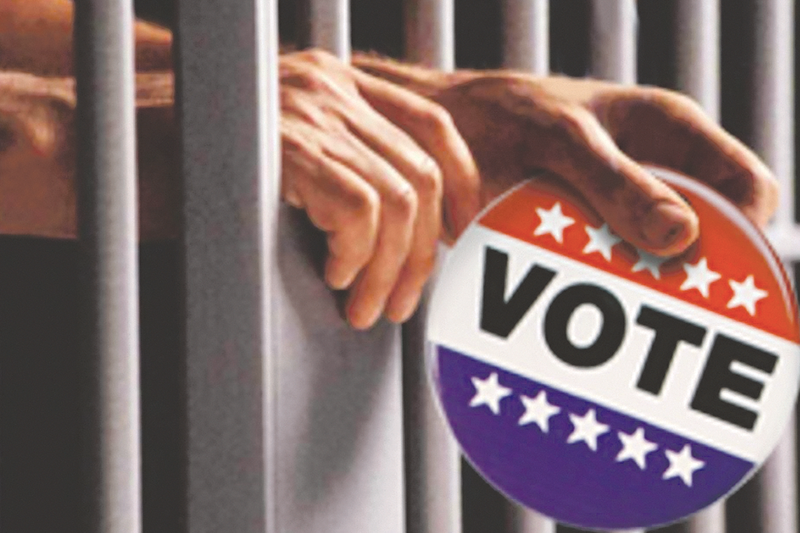By Atty. Jacqueline Williams Hubbard, Contributor
On February 1, 2018, United States District Judge Mark Walker issued a historic decision in the District Court for the Northern District of Florida in a 42-page opinion. The name of this case is JAMES MICHAEL HAND, et al., Plaintiffs v. RICK SCOTT, in his official capacity as Governor of Florida and member of the State of Florida’s Executive Clemency Board, et al., Case Number 4:17cv128-MW/CAS.
The Plaintiffs are a group of nine former felons who have completed their sentences, including any probationary requirements but have not had their voting rights restored.
Judge Walker held that Florida takes away the right to vote from anyone who is found guilty of a felony.
Surprisingly, Florida has no standards to guide the panel that determines whether a convicted felon can have his or her rights restored, and even if the panel decides to restore a person’s right to vote, the governor has absolute power to veto that decision.
According to this decision, “…we can do what we want,” the governor said at one clemency hearing.
The clemency system in Florida is extremely difficult. Felons must wait either five or seven years from the completion of their sentence including probation, parole and fines before they can even apply for restoration of their voting rights. The Clemency Board meets about four times per year.
Judge Walker stated: “It is well-settled that a state can disenfranchise convicted felons under the Fourteenth Amendment…”
But it is also well settled that a state cannot disenfranchise a convicted felon if motivated by racial animus.
Additionally, Judge Walker held: “When a state institutes a process to restore voting rights to felons who have completed their sentences that process cannot permit…purposeful racial discrimination.”
The court found there was a strong correlation between race and voting as a matter of law.
The ultimate ruling in this very significant case is that it found the Florida method of restoring a convicted felon’s right to vote violated the First Amendment and the Fourteenth Amendment to the United States Constitution, and was therefore unlawful.
In a footnote to his decision, Judge Walker declared: “More than one in ten Florida voters are put to civil death through disenfranchisement – with little hope of resuscitation under the unfettered discretion vote-restoration scheme.”

Attorney Jacqueline Hubbard
It has been estimated that more than one in five voting-age African Americans have lost their right to vote in Florida. Let’s follow this case as it unwinds through the appellate courts. It is one of the most important decisions in Florida since Reconstruction.
Attorney Jacqueline Hubbard graduated from the Boston University Law School. She is currently the president of the St. Petersburg Branch of the Association for the Study of African American Life and History, Inc.
Post Views:
5,648

